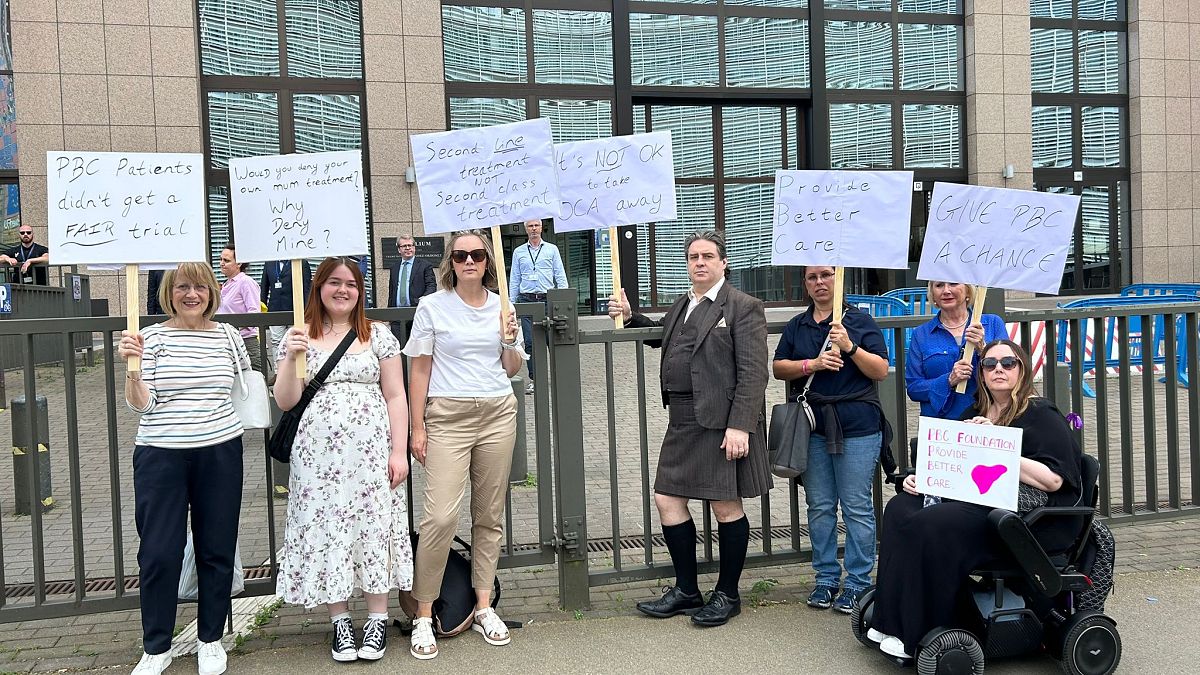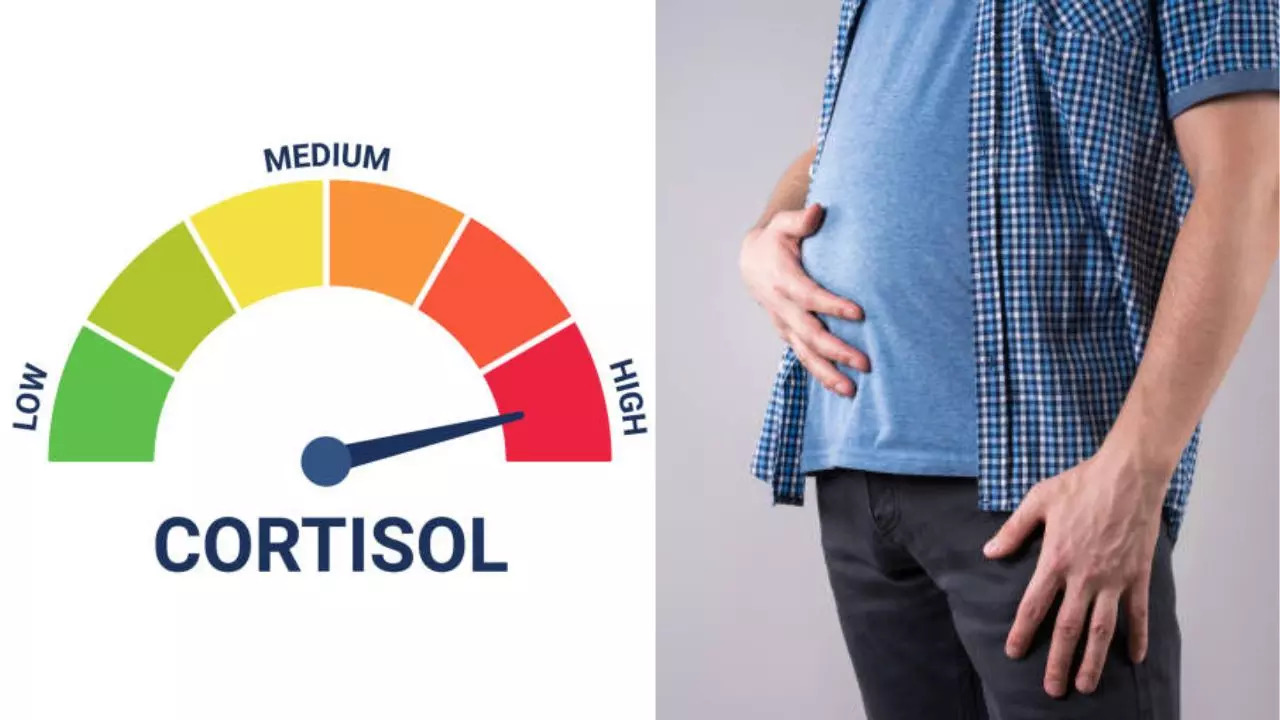Protestors want the European Commission to ignore official advice and keep marketing authorisation for drugs used to treat a rare liver disease. The fear that a key drug could be taken off the market led a group of patients to take to the streets and protest in front of the EU Council in Brussels this week. Obeticholic acid, marketed as Ocaliva, is used to treat adult patients with a rare autoimmune disease, primary biliary cholangitis (PBC).
Ocaliva was designated in 2010 as an “orphan medicine”, a term used for drugs that treat rare diseases, but a recent review by a committee at the European Medicines Agency (EMA) recommended revoking its marketing authorisation. The opinion from the Committee for Medicinal Products for Human Use (CHMP) will now be sent to the European Commission, which should then issue a final decision that’s legally binding in all EU member states. “We are calling on the European Commission to ask the EMA to reconsider this recommendation,” Mo Christie from the PBC Foundation told Euronews.
PBC gradually destroys bile ducts in the liver, potentially leading to liver failure and an increased risk of liver cancer, and Ocaliva is used as an alternative when initial treatments fail, stop working, or have intolerable side effects, she explained. “There’s no other second-line treatment for PBC licensed in Europe,” she added. Carine Verstraeten, a member of Belgian patient organisation , said she had used another medication for over 25 years.
�.


















